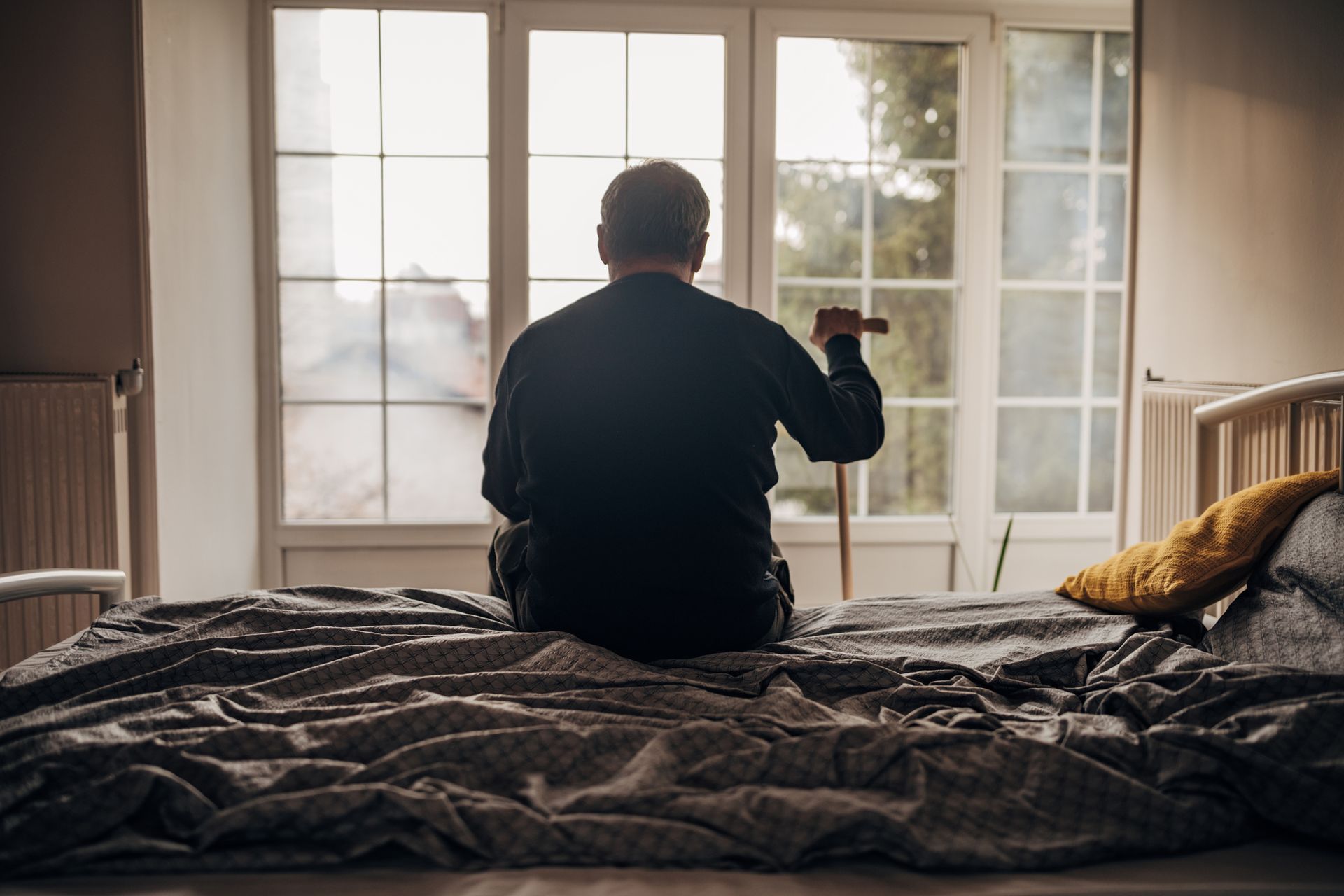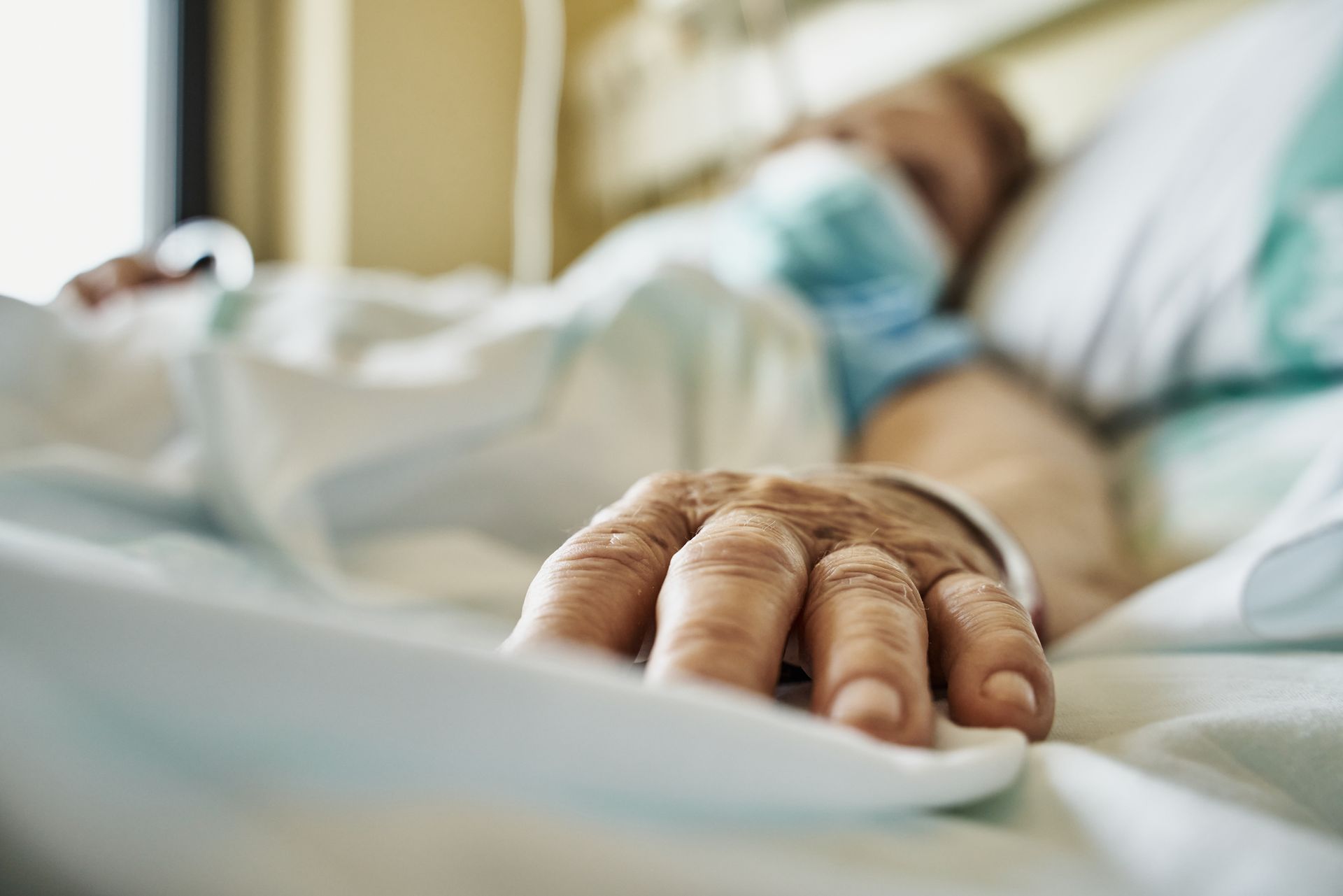Personal Injury Lawyers Representing Aging Residents and Their Families
While many nursing homes are staffed with diligent and compassionate employees, the sad reality is that our loved ones are neglected or even abused in far too many nursing homes. If you or someone close to you has suffered injuries or death in one of these facilities, you need to reach out to a skilled Baltimore nursing home negligence lawyer who can assess the merits of your case. At the Law Offices of Cardaro & Peek, we can meticulously explore your circumstances and help you understand your rights. You can rest assured that we are committed to holding negligent nursing homes accountable for the harm that they cause.

Nursing Home Negligence Claims in Maryland
As the population ages, more and more people enter nursing homes each year. Data from the Centers for Medicare and Medicaid Services revealed approximately 1.4 million nursing home residents in 2011. Unfortunately, nursing home negligence is a common problem across the United States. A 2015 report by the government entitled “Adverse Events in Skilled Nursing Facilities: National Incidence Among Medicare Beneficiaries” identified several problems that are present in nursing homes. The report found that 37 percent of events arose from negligent monitoring of a patient’s care, 25 percent of avoidable adverse medical events occurred because required treatment was not provided, and 14 percent of medical errors were due to mistakes in medical judgment. A nursing home negligence attorney in the Baltimore area can help assert your rights after any of these incidents.
Since many nursing homes are trying to save money and cut corners, staff members often make mistakes that adversely affect a resident’s health. These facilities often fail to provide adequate attention, prevention, or medication for conditions such as bedsores, infections, cuts, disabilities, diseases, and mobility concerns. Other examples of medical mistakes that may take place in a nursing home include the following:
- Abandonment, such as a patient left unattended for hours
- Inadequate medical care, especially in hygiene
- Malnutrition and dehydration
- Incorrect dosage of medication.
When a nursing home provides substandard medical care that causes injuries to a resident, the nursing home may be liable for medical malpractice. Medical malpractice occurs in a nursing home when an injury or death is caused by a nursing home’s failure to use the level of care that another nursing home would have followed in the same or similar circumstances. For instance, if a nursing home resident suffered serious harm because that resident was given medication to which they were known to be allergic, the nursing home would likely be liable for malpractice. This is because a nursing home using the appropriate level of care would be vigilant in not giving residents medication that might trigger their allergies, understanding the risk of harm associated with such a mistake.
Our Baltimore nursing home negligence attorneys know the strict timeline for medical malpractice and other personal injury claims. Typically, a patient must file a medical malpractice claim in civil court within five years from the date of the injury or within three years from when the injury was discovered, whichever is earlier. If you do not file your medical malpractice lawsuit within this time, you could lose your right to take legal action altogether. This makes it important to retain legal counsel who promptly complies with procedural rules.
Contact a Nursing Home Negligence Lawyer in Baltimore or Surrounding Areas
If you suspect abuse or neglect in a nursing home setting, it is important to consult a knowledgeable Baltimore attorney who understands this area of the law. At the Law Offices of Cardaro & Peek, we understand that these cases can be stressful, and we will handle your situation with the utmost compassion. We represent people in Pikesville, Catonsville, Towson, Woodlawn, Dundalk, Essex, Randallstown, Arbutus, Reisterstown, Laurel, Silver Springs, and other areas of Baltimore, Montgomery, and Anne Arundel Counties. For more information at no charge, call us at 800-810-6780 or contact us online. We also represent people seeking a surgical malpractice lawyer or advocacy in other medical negligence claims.

